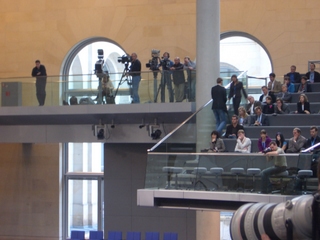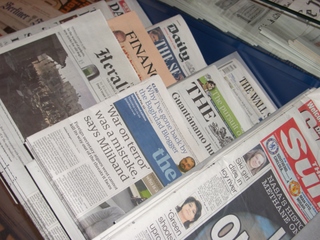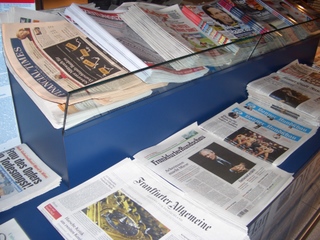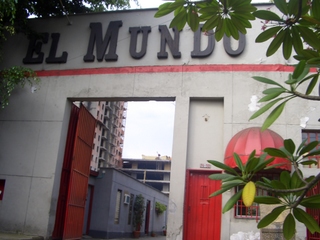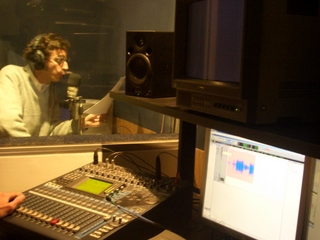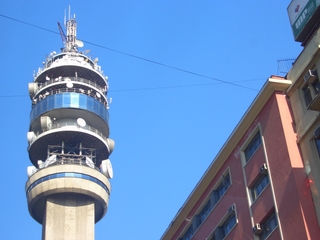Accountability makes Media more believable
In times of Berlusconi & Co., citizens should be enabled to understand the mechanism of the media more profoundly: Why do some news make it into the news and others don’t? If the press wants to stay independent, the media itself and its users must become proactive. Which potential for this do old and new […]
Asia´s Media Innovators
Janala means “window” in Bangla. Janala offers hundreds of three-minute audio lessons and quizzes – delivered via text message (SMS) – for about 7 cents American per lesson. People in Bangladesh get access to a range of capacity-programmes via their mobile phone. The Australian Professor and Journalist Stephen Quinn has just finished a new study on […]
Door Opener eGovernment: Small Solutions with Great Potential
Simply the access to information – which is so natural in the developed world – already has an immediate positive impact on development. So it is not always about huge engineering projects. It is often the small solutions originating from local problems which are better accepted. In Kenya, for instance, an electronic system was installed, […]
Mobile Reporting: New Perspectives for the Dark Continent
Africa — a continent of backwardness, wars, crises and catastrophes. This picture is firmly anchored in many people’s heads. But the Dark Continent has more to offer. For example in the area of the media: on account of the much-cited digital revolution, the relationship between traditional and new media is changing, even in Africa. Where […]
Venezuela a la sombra de la autocensura
Entre mayo de 2002 y mayo de 2009, el sistema de alertas del Instituto Prensa y Sociedad de Venezuela (Ipys Venezuela) registró 464 episodios de ataques contra medios y periodistas o de limitaciones contra la libertad de prensa. Esto representa un promedio de siete incidentes por mes durante ese período de siete años.
Journalism between hope and trembling: the example of the Philippines
Raymund Villanueva still remembers July 2 2006 with horror. In the early morning that Sunday, the little broadcasting center of the community radio station „Radyo Cagayano“, which he helped building up, was being burned down completely. At about two in the morning, eight mummed soldiers infiltrated the premises in the small town of Baggao in […]
The Commodification of News – African Experiences
Most African governments and key players in the field of development cooperation are now repeatedly arguing that Millennium Development Goals (MDGs) will not be met by 2015. They cite lack of financial resources and hostile economic environments as the most visible hurdles. Many of them hardly address the lack of political will and misuse of […]
Presse.Freiheit.Entwickeln
Panel discussion on Thursday, 1st October at 6pm. Deutsche Welle, Kurt-Schumacher-Str. 3,53113 Bonn A discussion will take place about how journalists, particularly those working on the African continent, are able to fulfill their roles. Taking part in this discussion are: Ludger Schadomsky, Deutsche Welle / Holger Ehling, Reporter ohne Grenzen / Renate Schröder, Europäische Journalisten […]
Insufficient Press Freedom in South Eastern Europe
Over the last few years, the states of South East Europe (SEE) have developed in very different ways: Bulgaria and Romania are members of the EU – but were chastised by the EU in 2008, because areas like security, rule of law and the combating of corruption had been slow in developing. Croatia has a […]
Retos de los medios ante la corrupción en América Latina
La relación entre periodismo y corrupción tiene mucho sentido en América Latina porque, para decirlo a secas, es una región muy corrupta. Transparency Internacional sigue considerándola la más corrupta después de África. Como es bastante conocido, la clase política ha tenido un desempeño lamentable para enfrentar el problema, y tal vez no sea exagerado decir […]
weiter umsehen »

